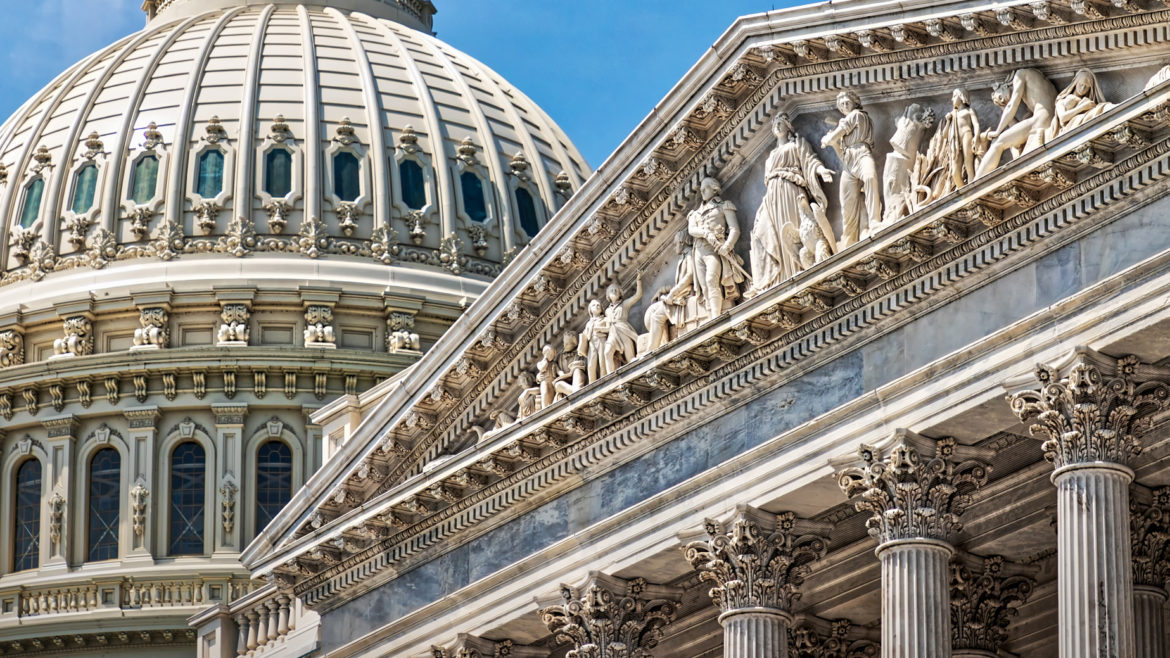In a report issued by the Consumer Financial Protection Bureau (CFPB) last week, the agency announced that banks’ reported overdraft fee income “was 43% lower in the third quarter of 2022 than in the third quarter of 2019 before the COVID-19 pandemic onset – suggesting $5.1 billion less in fees on an annualized basis.”
Despite trade groups and financial services organizations warning that legislation controlling overdraft fees would result in higher checking account fees elsewhere, the CFPB also announced that it had not observed a correlating increase in those fees.
The report, which addressed only such income for banks and not credit unions, indicated that overdraft and non-sufficient funds (NSF) fee income has trended down since the fourth quarter of 2021 as financial institutions voluntarily lower or eliminate the fees to get ahead of legislation and take advantage of the good-will among consumers generated by the move.
The CFPB did add a caveat regarding 2020 data, suggesting that the COVID-relief stimulus packages drove fee income down in the second quarter thanks to the increased checking balances nationwide. In fact, fee income nearly halved from Q1 to Q2 in that year.
With President Biden addressing so called “junk fees” in his latest State of the Union address, credit unions and associated trade groups are keeping a close watch on the CFPB and any incoming legislation that may force the issue.
The main opposition to any legislation controlling these fees is the argument that overdraft programs provide a valuable service to members in need, and that the alternative will be those same members seeking out more predatory practices, like payday lenders.
Comments made by NAFCU and CUNA last year urged D.C. not to intervene. In May 2022, CUNA President/CEO Jim Nussle wrote to the Senate Banking Committee, “We believe effectively shutting down overdraft services would unnecessarily limit credit unions’ ability to assist their members and is ill-advised. Rather, the best and least disruptive path forward would be to continue permitting transactions to be processed and encouraging affected consumers to reach out to and work with their local credit union to reduce or eliminate any fees or to consider other low-cost products and services.”
And with recent appointment changeups within the Senate Banking Committee, it remains to be seen what the CFPB will be able to apply or enforce.
































































